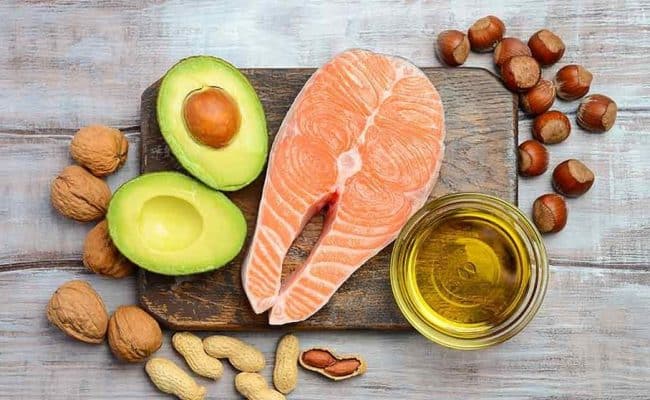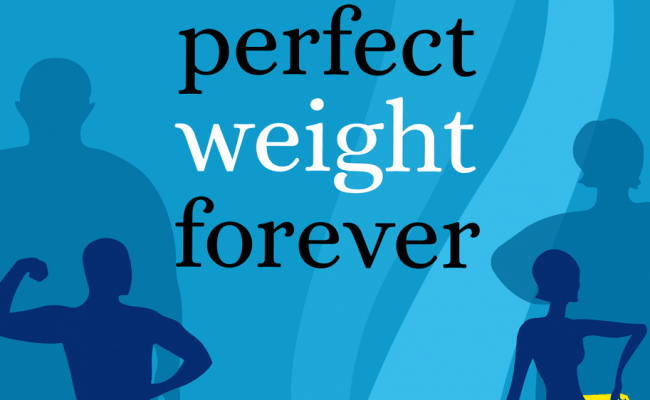
Instead of restricting your calorie intake all the time for weight loss, the 5:2 diet recommends eating whatever you want for 5 days a week and the other 2 non consecutive days you limit your calorie intake to 500-600 calories.
According to Dr. Luigi Fontana, a research professor of medicine at Washington University School of Medicine in St. Louis, following the 5:2 diet can help cut your weekly food intake by 25% (1).
The thought with 5:2 diet is you don’t have to continuously restrain yourself from certain foods. Only on the fast days do you need to focus on eating very little.
You are allowed to eat whatever you want on the 5 non-fast days, but most people still eat less food over the course of the week.
Other health benefits of restricting calories or intermittent fasting (IF) have been seen in research studies. IF, like following the 5:2 diet, could offer additional health benefits related to cardiovascular health, mental health and lowering inflammation.
This diet is considered safe for most people. However, as with any diet, the 5:2 diet may not be the best fit for everyone. Here’s a closer look at considering if the 5:2 diet is fast and healthy.
Heart health
IF and calorie restriction have been studied the most for the health effects in rodents and monkeys and shown to have a positive effect on the cardiovascular system.
Risk factors for heart disease are lowered by these types of diets including blood pressure and insulin resistance (2).
Recent studies have shown IF can help heart and brain cells become resistant to injury in instances like a heart attack or stroke. How can this be?
Researchers think IF improves the way the body reacts to stress. IF can also help the body repair and rejuvenate itself (3).
So, not only could IF lower some risk factors for cardiovascular disease, but it may also help your cell’s survival if they don’t get enough oxygen like during a stroke or heart attack.
Lowered inflammation
High levels of inflammation in the body can be a risk factor for many chronic diseases. A 2007 study (4) concluded that IF can lower inflammatory markers in the body.
The study compared 40 people who were IF for 1 month compared to 28 people who weren’t IF. Blood samples were taken 1 week before IF, the last week of IF and 3 weeks after.
In the last week of the IF period, the group who was on IF had lowered total cholesterol to HDL ratio and lowered inflammatory markers in the blood such as IL-6, homocysteine and C reactive protein.
The participants in this study were fasting for Ramadan, which is fasting for 12 hours of the day. This diet is different than the 5:2 diet, but the lowered inflammatory results may also be seen from the 5:2 diet as other research has shown.
Mental health
The same way IF may protect heart or brain cells against damage caused by lack of oxygen from a stroke or heart attack could also help protect brain and nerve cells from damage caused by Alzheimer’s, dementia and Parkinson’s disease.
A 2006 review article (5) suggests IF alters the way neurons can react to stress and lowers the oxygen metabolism of neurons.
All of this can potentially translate into lowering the risks for age related mental and nerve disorders. It’s too soon to suggest IF can prevent Alzheimer’s or Parkinson’s, but preliminary research suggests it may help lower the risk in humans. More research is needed.
How fast is it for weight loss?
The benefits shown in research so far for IF protecting the cardiovascular system, brain health and lowering inflammation suggest IF diets like the 5:2 diet are safe.
However, how fast does it work for weight loss?
Weight loss results can vary from person to person while following the 5:2 diet, so there is no standard of amount of weight loss.
The 5:2 Fast Diet™ (6) suggests instead of focusing on your weight on the scale, measure your waist. Following IF diets can help lose visceral (gut) fat. You could be losing inches but it may not translate on the number on the scale.
On the 2 fasting days, make sure you are not taking in more calories than is recommended.
Drinks like lattes, juices, etc. can pile on extra calories quickly if you’re not careful. It is recommended women consume about 500 calories on fast days and men about 600 calories.
When eating on regular days, don’t go crazy. Binging on normal days won’t help weight loss efforts. You shouldn’t be worrying about your calorie intake, but listen to your body.
Some people have a harder time with this than others.
When the 5:2 diet may not be the best choice
The 5:2 diet is intended to have the most health and weight benefits when a person eats normally on the non-fasting days.
Eating on non-fast days may be more than “normal”, but binge eating should be avoided. People who may have binge eating tendencies may not do well with IF diets like the 5:2 plan.
People with other disordered eating patterns may also not benefit from the 5:2 diet.
Researchers are still studying the results of IF long term in humans. What is also not well known is the effect of lowered basal metabolism on the fasting days and how that could impact muscle mass and metabolic rate.
However, IF may offer other advantages for weight loss and health, like improving insulin sensitivity.
Conclusion
IF, like the 5:2 diet, is a different approach to eating food. Instead of focusing on how much food you eat, you focus on when you are eating. There is some research to suggest health benefits with IF and that it can help with weight loss.
The best determinate for any diet pattern is what are you going to stick with long term. If the 5:2 diet is helping you, stick with it.
If you are struggling with your food intake on non-fast days and feeling poorly from low blood sugar on the fasting days, maybe a different diet plan would work better for you.










